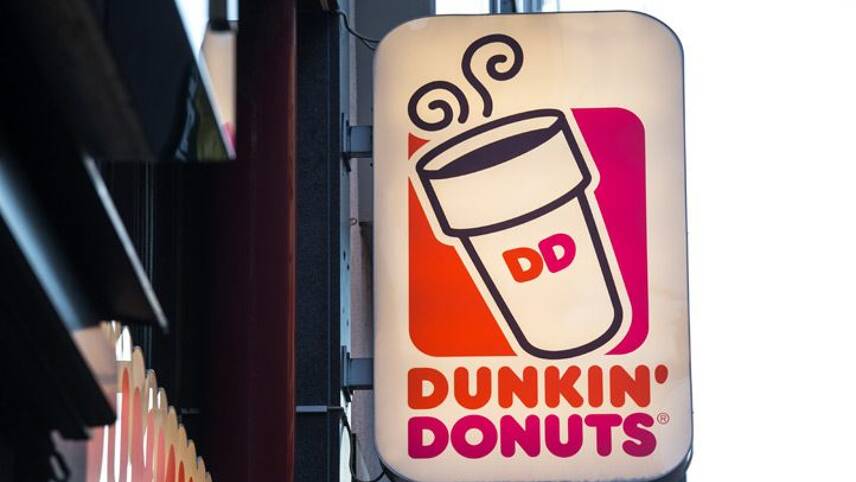Register for free and continue reading
Join our growing army of changemakers and get unlimited access to our premium content

Dunkin' has set a new goal of opening its 1
Dunkin’ has confirmed that all of its global restaurants have switched to paper cups, following a commitment that was established in 2018.
The foam has been replaced by a double-walled paper cup, which is made with paperboard certified to the Sustainable Forestry Initiative Standard and are used to serve warm beverages without the need for an additional sleeve.
According to the company, the switch will remove approximately one billion foam cups from the waste stream annually. All distribution centres are no longer offering the foam option, but some restaurants may still have a limited number of foam cups in their current inventory.
Dunkin’ has also confirmed it is on track to offer recyclable hot drink lids at all of its US restaurants later this year. Introducing recyclable lids, along with the switch to paper cups, will remove a collective 19 million pounds of polystyrene from the waste stream annually.
Dunkin’ president Scott Murphy said: “Even in challenging times like these, sustainability remains a key priority for Dunkin’. We are proud of our accomplishments, but recognize that making a meaningful difference requires commitment and continuous improvement. We will build on our momentum and do our part to take care of the world around us because it matters to us, our franchisees, our guests, and our communities.”
The move follows Dunkin Donuts’ earlier commitments to eliminate artificial dyes from its menu, build energy-efficient restaurants and partner with the Rainforest Alliance to source certified coffee.
Previous packaging commitments include sourcing a four-cup carrier made of recycled newsprint, moves to napkins and bagel bags made from 100% recycled paper and a transition of cold beverage cup lids from PET to recyclable polypropylene.
DD Green
The company has also raised the ambitions of its green restaurants programme, which was set up in 2014, The DD Green Achievement initiative commits Dunkin’ to improve the energy efficiency of its restaurants and set a target of opening 500 restaurants meeting the criteria by the end of 2020.
Dunkin’ has reached the 500 milestone ahead of schedule and has set a new goal of opening its 1,000th green restaurant by the end of 2025.
DD Green Achievement restaurants are built with low-carbon technology such as LED lighting, high-efficiency mechanical equipment and low-flow faucets. The restaurants are designed to save between 15 to 20% of energy use as compared to traditional Dunkin’ restaurants, and have so far saved approximately 33% on energy use, on average.
Matt Mace


This just shows how far behind Europe the US is in environmental matters. While it’s a (small) move in the right direction, Europe is rapidly moving towards reusable cups and trying to cut down on paper cups; expanded polystyrene ones were generally phased out years ago. I was in the US late last year and horrified at the amount of packaging waste each breakfast generated. To define a restaurant that uses 25% less energy as a "green restaurant" also sadly lacks ambition, and to aim to get there by 2025….